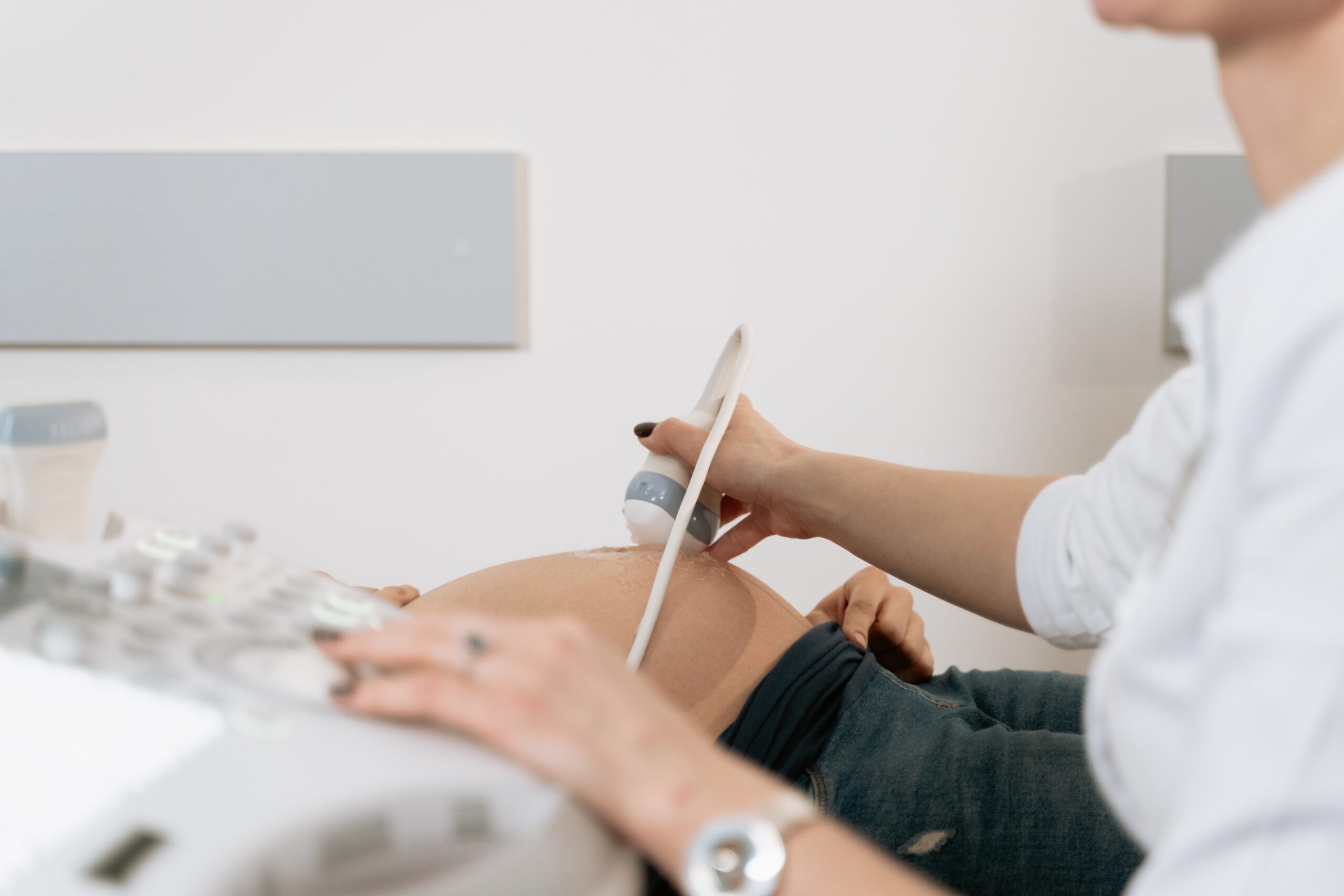Fertility and reproductive health are vital aspects of a woman’s well-being. That’s why, across the country, scientists and researchers at institutes supported by Women’s Health Collective Canada (WHCC) member Foundations are working to shed new light on complex conditions like endometriosis and pregnancy-related complications. These areas of study are crucial, as they not only impact a woman’s health and her ability to have children if she chooses, but also affect her overall quality of life. Advancements in knowledge in these areas are helping healthcare providers better understand specific conditions and deliver the high-quality care that all women deserve.
At BC Women’s Hospital, Drs. Karen Tran and Wee-Shian Chan are developing and testing new methods to detect and monitor hypertensive disorders in pregnant women. These conditions account for a significant portion of maternal, fetal, and neonatal morbidity and mortality. Although our understanding of this area has expanded significantly over the past decades, more information is needed on how to most effectively measure blood pressure in pregnant women. Dr. Tran and Dr. Chan are launching a study to examine how home blood pressure tele-monitoring may provide more accurate assessments in high-risk women. With more precise and earlier detection of high blood pressure, these researchers aim to implement earlier interventions to improve health outcomes for mothers and their babies.
In Alberta, Amanda de Oliveira, a postdoctoral fellow in Dr. Sandra Davidge’s lab at the University of Alberta, is leading research to understand and prevent risks related to pre-eclampsia, a common yet serious blood pressure condition that can develop during pregnancy. In collaboration with Dr. Davidge, de Oliveira received a prestigious Banting Postdoctoral Fellowship to investigate how pre-eclampsia affects maternal blood vessels during and after pregnancy. Her research, supported by the Canadian Institutes of Health Research, involves using pre-clinical models to study the mechanisms behind these long-term health risks and aims to develop effective prevention strategies.
In addition to supporting women’s health during and after pregnancy, it is also critical that women are supported as they navigate the journey to becoming pregnant—a journey that is unique to every woman and not without challenges. At the Women’s Health Research Institute in BC, Daniela Palombo, an Associate Professor of psychology at UBC, is studying how women and people process and remember the challenges of infertility and how these experiences impact their identity and well-being. Her work, supported by a Catalyst Grant from the BC Women’s Health Foundation, aims to enrich our collective understanding of how a woman’s fertility journey affects her mental health and psychological well-being.
As we work together to advance our knowledge in this field, the importance of education, research, and open dialogue cannot be overstated. Each aspect, whether it’s understanding fertility or managing pregnancy complications, contributes to a broader picture of women’s health.
These outstanding researchers are just a few examples of how knowledge around women’s health is being advanced at research centers supported by WHCC member Foundations across Canada. Together, with your support, we’re helping to create a healthier future for all women.
